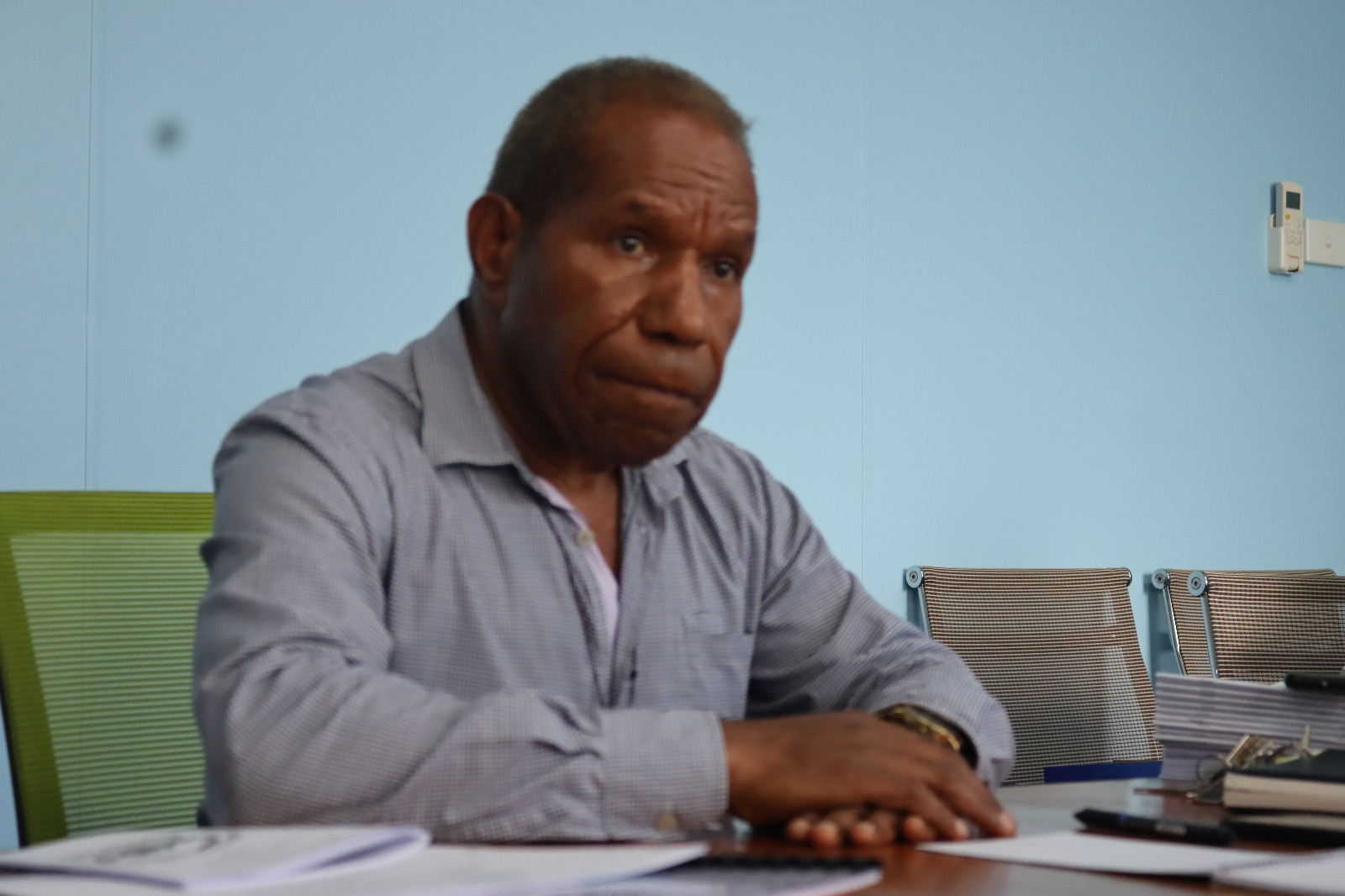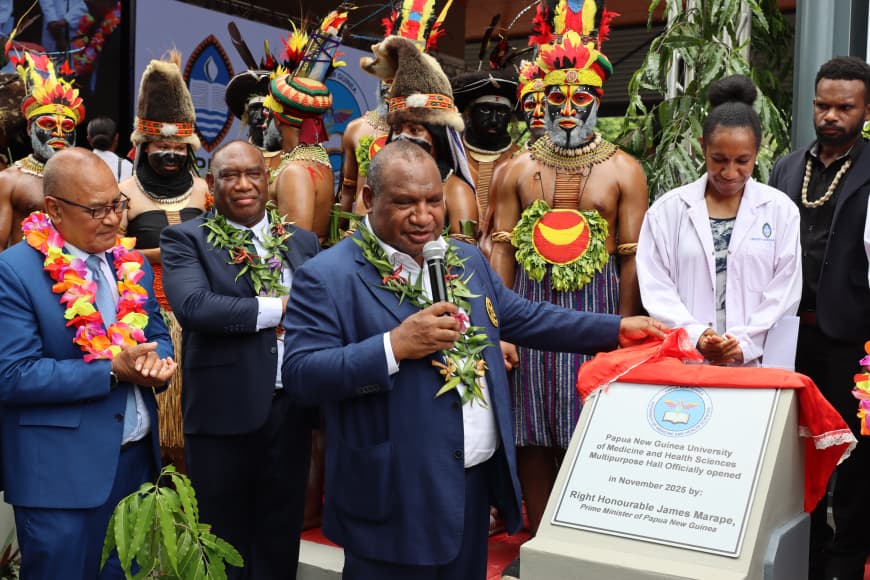NEWS
ELC HEAD BISHOP OPPOSES THREATS TO CITIZENS FREEDOM
![]() By Helen-Jennifer BUBUWAU |
January 18, 2024
By Helen-Jennifer BUBUWAU |
January 18, 2024

Related News
LATEST NEWS



